Syria needs intensive pressure from a relatively united Security Council to avoid significant damage in a proxy war between Saudi Arabia and Iran, argues Jeffrey Laurenti.
Iran was the only country that supported Syria’s procedural challenge to the right of the UN General Assembly to debate the spiralling political violence in Syria, and with good reason: The aggressiveness with which the Arab states along the Persian Gulf are pressing for the ouster of Bashar al-Assad from Damascus is aimed at crippling his Iranian ally.
Syria’s representative quickly decided not to press the procedural challenge when the only other country willing to back him turned out to be North Korea, itself a pariah state. Even Cuba stayed silent. The Syrian delegation glumly sat through the dramatic report by Navi Pillay, UN High Commissioner for Human Rights, on Syria’s skyrocketing death toll, on the government’s use of hospitals as “torture chambers,” and its gross failure to fulfil its responsibility to protect its people. An unusually lively and revealing assembly debate followed Pillay’s appeal for effective UN action.
Already circulating among delegations was a draft resolution from Saudi Arabia, under which the full assembly would essentially ratify the text that Russia and China had blocked in the Security Council nine days before.
The resolution text incorporates the Arab League’s latest statement this Sunday, which calls for “opening communication channels with the Syrian opposition and providing all forms of political and material support to it.” Thus would the General Assembly tacitly bless Saudi arms shipments to rebel forces.
Since Foreign Minister Sergey Lavrov’s visit to Damascus last week, the Russians have been signalling growing interest in going back to the Security Council to forge agreement on the Syrian crisis. Lavrov says that now Russia, “together with other permanent members of the UN Security Council, is ready to promote…dialogue and an agreement on regional security.”
The Arab League’s surprise call for a UN peacekeeping force struck not only the Russians, but the Americans as well, as premature. The Syrian government and its armed opponents are nowhere near a ceasefire, and the government was quick to repudiate the notion of foreign peacekeepers as an intolerable infringement on its sovereignty.
But an on-the-ground UN mission may actually be much closer than anybody acknowledges.
The discovery that Al Qaeda in Iraq has now joined the fray to overthrow the Assad government, with signature car bombings in Aleppo and Damascus, gives Western countries pause about the dangers of Syrian implosion without a managed political process. As Libya’s current travails underscore, war conditions are not conducive to forging a coherent political movement from a multiplicity of armed militias.
The Russians see clearly that the spread of the uprising to more and more Syrian cities, despite all the government’s ferocious counterattacks, means that Assad’s security forces cannot re-establish control over the whole country. Perhaps Moscow can help Assad understand the lesson that the Americans began to learn in Iraq and Afghanistan: the more relentless your use of force, the more force you engender in resistance.
Russian UN ambassador Vitaly Churkin said on Monday that Moscow was willing to support a UN-Arab League monitoring mission—suggesting a renewed interest in returning to the Security Council. He repeated the Russian mantra of “all-inclusive dialogue” between the Syrian government and political opposition—a dialogue, he curiously noted that Syria’s Vice-President is prepared to lead. Perhaps this is a possible diplomatic signal in the direction of the Arab League plan for Assad to step aside as a political settlement is negotiated.
Churkin emphasized, however, that there are intransigent opposition groups that now refuse to negotiate with anyone in Damascus and “do not seem to answer to anyone.” Their foreign backers, he said, need to press them to join the UN-Arab League political process.
Perhaps Washington might help by telegraphing that, while Assad is too radioactive to be part of negotiating a new political order, it is not inconceivable that the Syrian President could run in internationally conducted elections that implement a new constitution. Assad taking such a risk, for a measurably less powerful presidency, seems improbable, but mooting the possibility might create political space for a peaceful path out of the crisis.
Of course, even a theoretical possibility of Assad’s competing in a post-crisis political order could be upended by the fervent recommendation of Human Rights Commissioner Pillay; for Security Council referral of the Syrian violence to the International Criminal Court. It may not be hard for international prosecutors to trace responsibility for the security forces’ murderousness to the government’s highest levels. To date, however—in contrast to Libya a year ago—members of the Security Council have been singularly uninterested in inviting the court into Syria.
If the court seems invasive, a peacekeeping force appears even more so. Yet Churkin himself noted that if the Security Council can achieve a ceasefire, a peacekeeping force with clear ‘legal and practical responsibilities” could be feasible. Wisely, British foreign secretary William Hague has already ruled out participation by leading Western powers.
However, the Security Council currently counts among its members two of the UN's largest peacekeeper contributors, India and Pakistan—and both of them have been notably prudent on Syria. A number of other countries in the Mediterranean region might also not have burned bridges to Syria’s various sides and could be part of a mission at least as delicate as the UN's in nearby Lebanon.
Whether it has UN peacekeepers or not, Syria needs concerted pressure from a reasonably united Security Council if it is to avoid a bloody fracturing in a proxy war between Riyadh and Tehran. The General Assembly debate this week just might help the international community to appreciate the larger stakes.
*[A version of this article was originally published by the Huffington Poston February 14, 2012].
The views expressed in this article are the author's own and do not necessarily reflect Fair Observer’s editorial policy.
Support Fair Observer
We rely on your support for our independence, diversity and quality.
For more than 10 years, Fair Observer has been free, fair and independent. No billionaire owns us, no advertisers control us. We are a reader-supported nonprofit. Unlike many other publications, we keep our content free for readers regardless of where they live or whether they can afford to pay. We have no paywalls and no ads.
In the post-truth era of fake news, echo chambers and filter bubbles, we publish a plurality of perspectives from around the world. Anyone can publish with us, but everyone goes through a rigorous editorial process. So, you get fact-checked, well-reasoned content instead of noise.
We publish 2,500+ voices from 90+ countries. We also conduct education and training programs
on subjects ranging from digital media and journalism to writing and critical thinking. This
doesn’t come cheap. Servers, editors, trainers and web developers cost
money.
Please consider supporting us on a regular basis as a recurring donor or a
sustaining member.
Will you support FO’s journalism?
We rely on your support for our independence, diversity and quality.


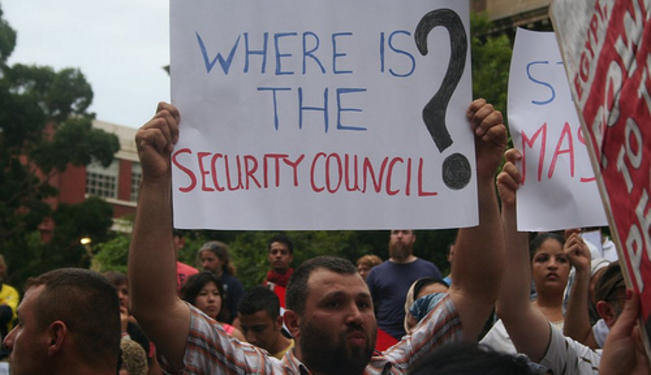
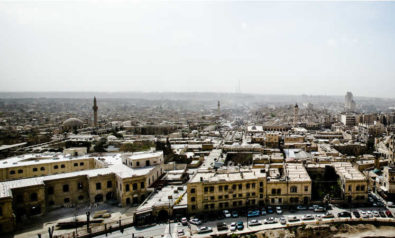
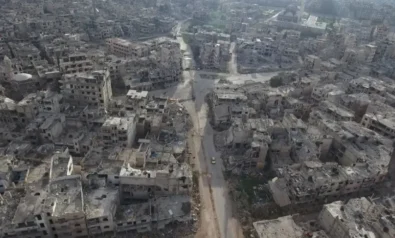
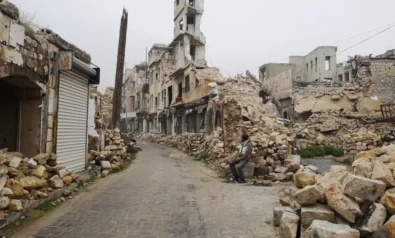
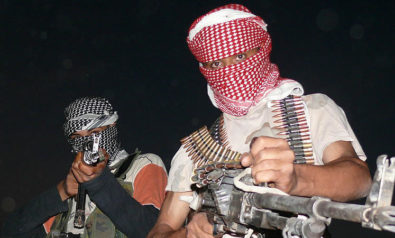
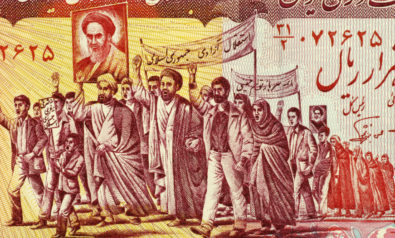

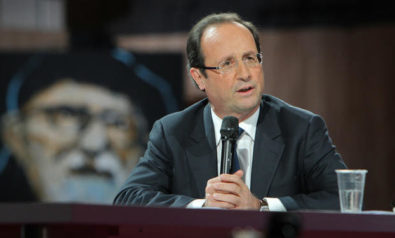
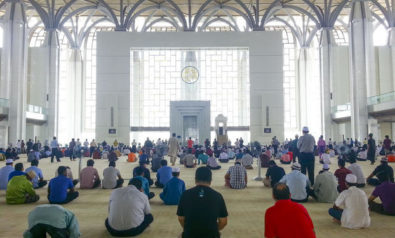
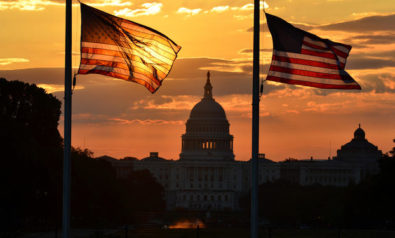
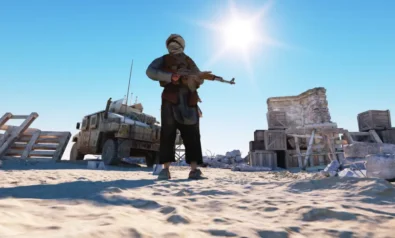
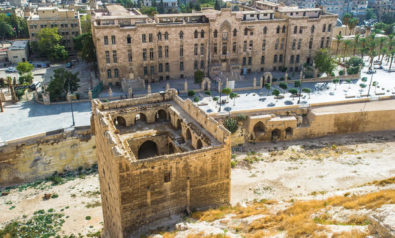
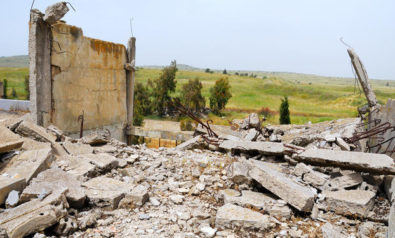
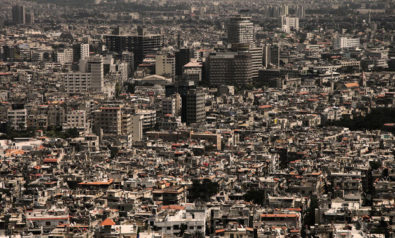

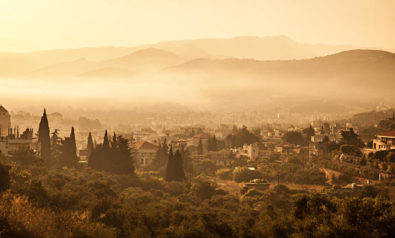
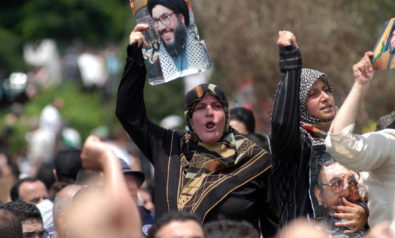



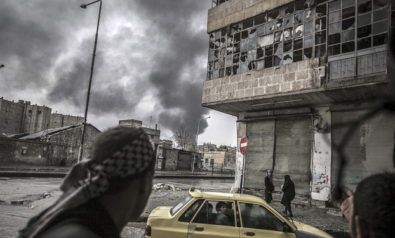
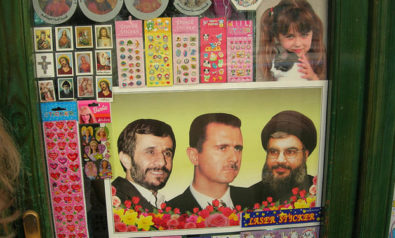
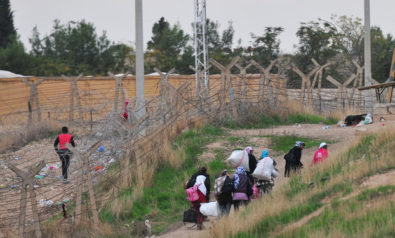
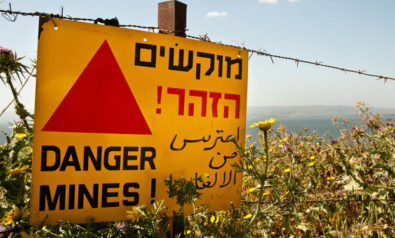
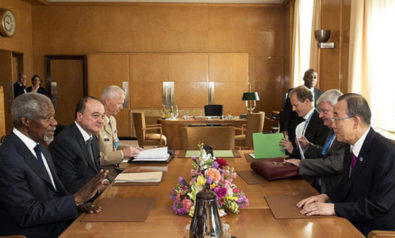
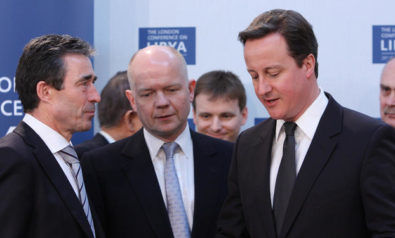
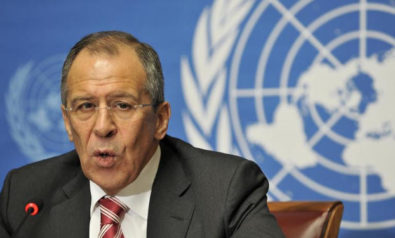

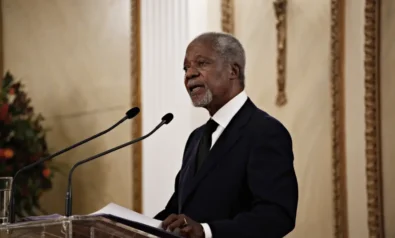
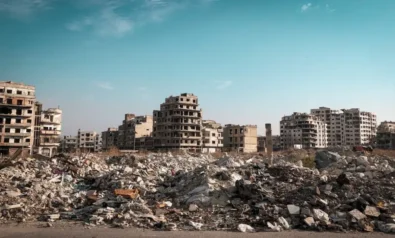
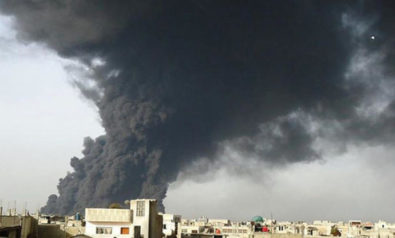

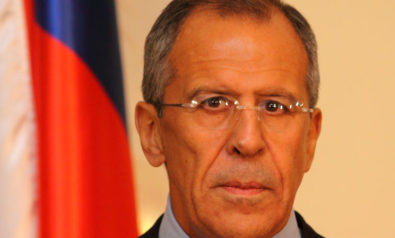
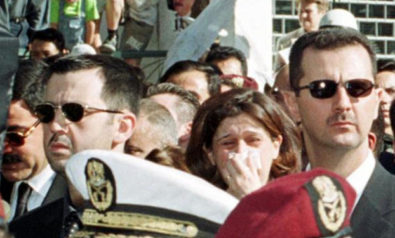
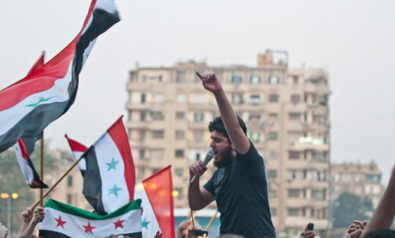
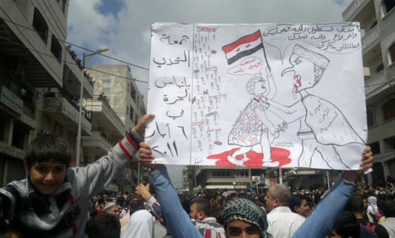
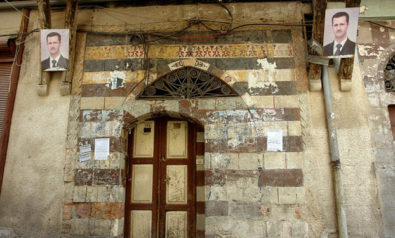

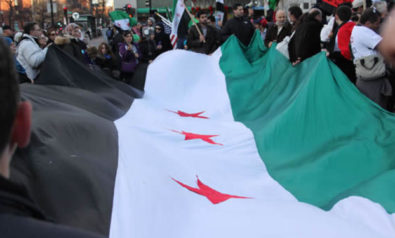

Comment